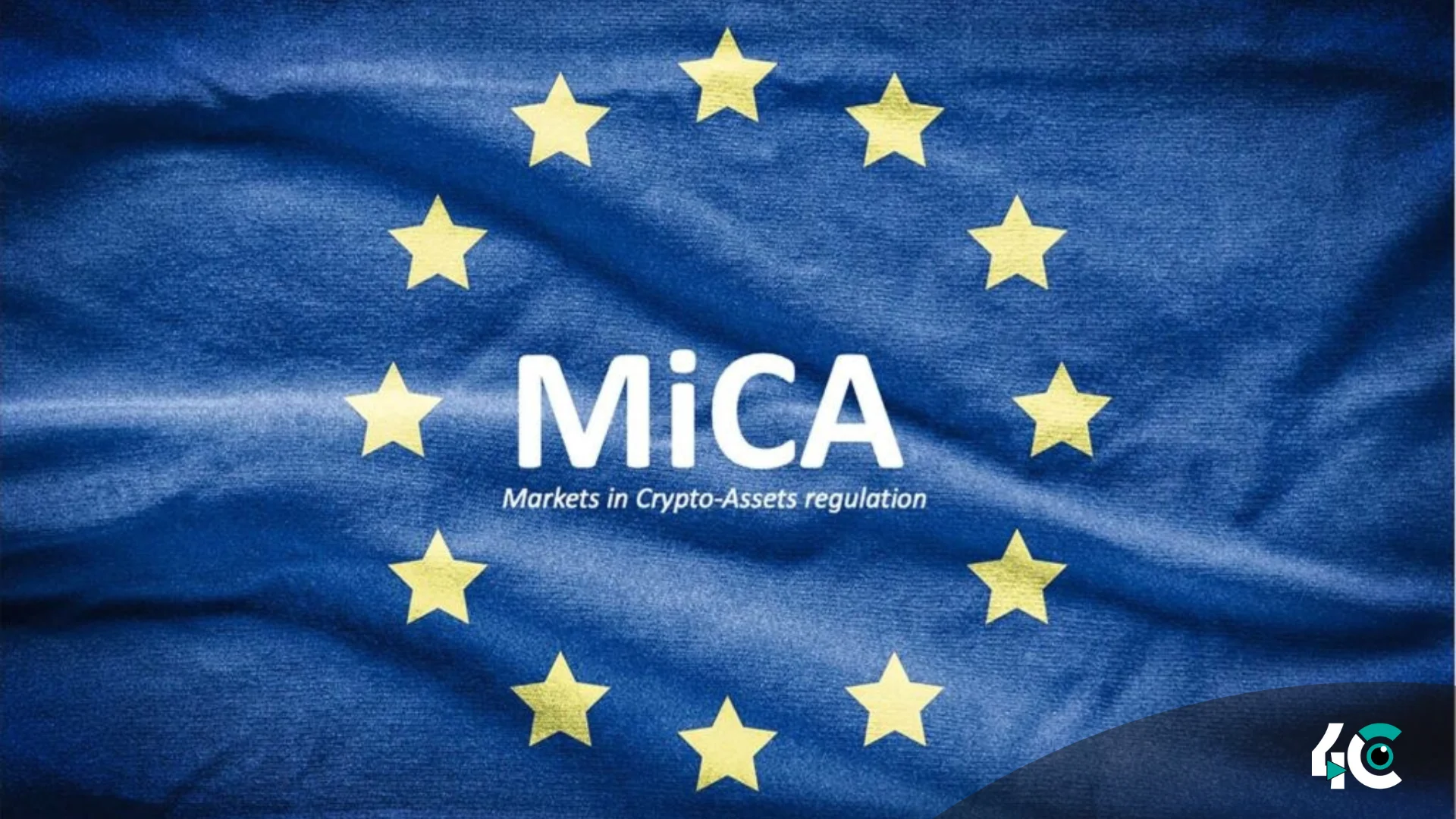Ireland seeks financial inclusiveness via the MiCA Crypto Regulations
Approaching the European Union’s Markets in Crypto-Assets Regulation (MiCA), the Central Bank of Ireland is supporting initiatives to make finance more equitable. Starting in June 2023, this legislative framework seeks to promote financial democratization while providing structure and safety to the expanding universe of cryptocurrencies.
For the EU, MiCA represents a major advance as it offers member states unambiguous rules for controlling the bitcoin market. Now each of the 27 members is working on their own strategy for applying these new guidelines. Derville Rowland, Deputy Governor of the Central Bank of Ireland, underlined at a recent financial conference Ireland’s will to remain leading edge innovator while guaranteeing safe crypto practices.
Rowland underlined the transforming possibilities of blockchain technology for financial services. Blockchain has already clearly changed many different areas from tokenizing financial goods to simplifying post-trade procedures. By means of a much-needed structure, MiCA helps institutions negotiate these developments so as to improve financial inclusiveness and democratize access to financial services.
For e-money tokens, asset-referenced tokens, and other crypto-asset services, the regulation brings consistent regulations all throughout Europe. It also covers behavior responsibilities for issuers and service providers, therefore guaranteeing more transparent and safe crypto operations for consumers and investors.
Rowland listed two main goals MiCA should focus on implementing in Ireland. Initially, Ireland wants to collaborate closely with other EU members and supervisory institutions to provide a consistent regulatory framework. This cooperative effort is essential in avoiding regulatory disparities throughout Europe, therefore reducing any supervision gaps.
Second, the Irish Central Bank is mostly focused on improving the authorization procedure for companies connected to cryptocurrencies. Through closer industry engagement, the bank aims to clear the regulatory requirements, so improving communication and risk assessment among businesses trying MiCA compliance.
Looking ahead, Rowland underlined that Europe had to keep sight of the whole picture—strengthening financial stability and making the financial sector more robust to guarantee long-term economic development. She underlined especially in sophisticated technologies like blockchain the imperative of Europe closing the innovation gap between the United States and China.
Several EU members already acting pro-actively to apply the rules line with MiCA’s objectives. For example, Spain has declared intentions to start implementing MiCA regulations by December 2025, well ahead of the stipulated timeframe. Likewise, Latvia has started pre-licensing consultations for cryptocurrency businesses, therefore demonstrating its dedication to conform with the new rules.
Ireland’s response to MiCA shows a larger European drive to control the crypto market responsibly and support invention. The nation wants to make sure that everyone may enjoy the advantages of blockchain technology by implementing these steps, therefore promoting financial inclusiveness and stability.
































